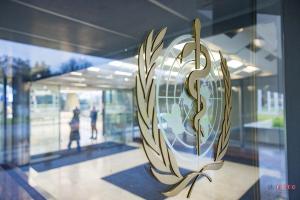
After reviewing the ?shortcomings in quality assurance? that were recently identified at Ben Venue Laboratories?s Bedford, Ohio, facility, EMA issued several recommendations, including product recalls for Ecalta, Liminity and Vistide. EMA?s Committee for Medicinal Products for Human Use has been reviewing medicines manufactured at Ben Venue since early November 2011, after a joint GMP inspection by FDA and the UK and French medicines regulatory agencies highlighted several problems in the company?s quality-management system, particularly in relation to the sterile filling process and possible particle contamination during manufacturing.



